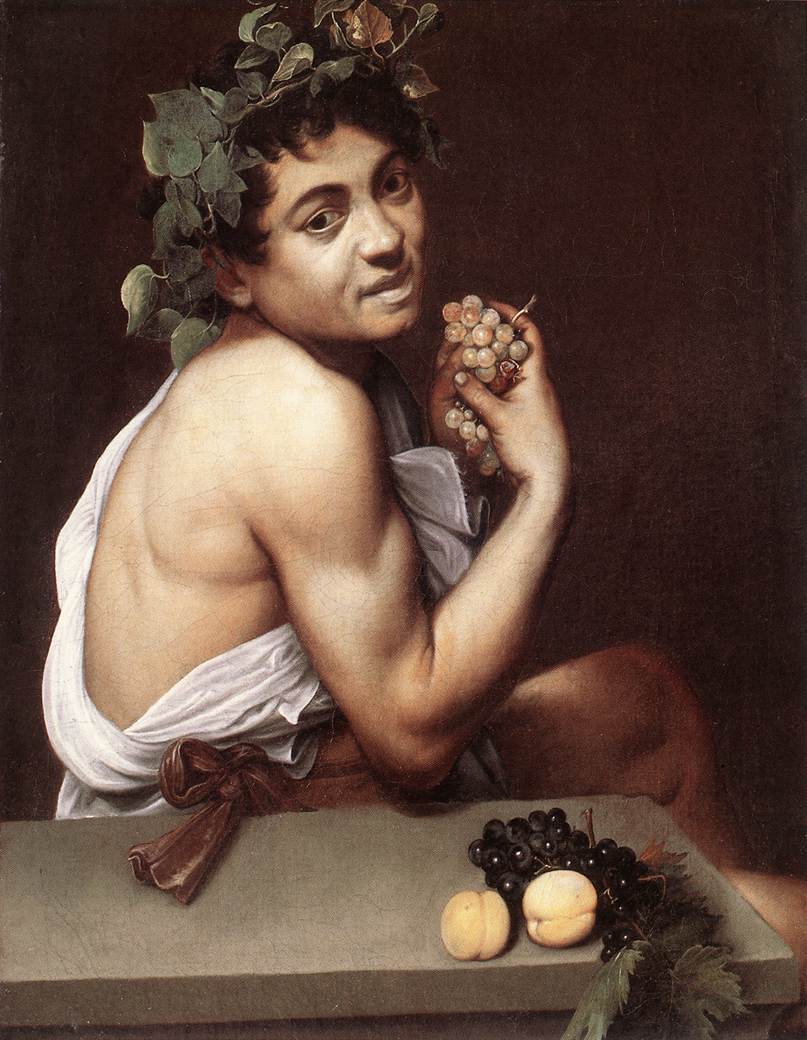 |
| Image of Dionysus, the Greek equivalent of Bacchos |
Friday, March 11, 2016
Bacchos and Pan
Lysistrata begins with the titular protagonist ranting about the current condition of Greek affairs — specifically the war’s influence on female behavior. Prior to this tirade, Lysistrata calls a meeting of all the Grecian women. Now, she is frustrated by the null attendance at the meeting. Within her sarcastic remarks about the unfortunate behavior of women are two allusions: “announce a debauch in honor of Bacchos, a spree for Pan” (16). The references to Bacchos and Pan are integral to Aristophones’ quick introduction to the major theme of the play: sex is power.
Bacchos is the god of agriculture, wine, frenzies, spiritual ecstasies, and festivities. Bacchanalian is also an adjective meaning decadent and unhibited. Similarly, Pan is the god of the wild, but often associates with sexuality, fertility, and spring. These allusions are within the first two lines of the play for good reason. One purpose of these allusions is for Aristophones to introduce the importance of Greek mythology into the play, focusing on the gods most related to the theme. A second purpose is for Aristophones to show Lysistrata’s disdain for the collective obsession with the subjects these gods represent. In shouting the names of Bacchos and Pan, Lysistrata chastises them for glorifying sex in the world, claiming women are completely overtaken by the intrigue of sex. She expresses this belief in her apostrophe: “Women! Utter sluts, the entire sex! Will-power, nil” (26). Through these allusions, Lysistrata ultimately reveals the power sex has over the human mind. It is the only force Lysistrata sees bringing women together, which is why she realizes it may be a possible way to congregate the Grecian women and end the war. Sex truly is power, making Bacchos and Pan in control in Lysistrata.
Subscribe to:
Post Comments (Atom)
I find this post intriguing because I would have never thought to connect Lysistrata's quote to Bacchos and Pan, mostly because I had no idea what they meant! (Presumably I thought they were actual people.) This connection provides a deeper insight into Lysistrata's plan. It also proves that although she might and beauty, she also has brains.
ReplyDelete